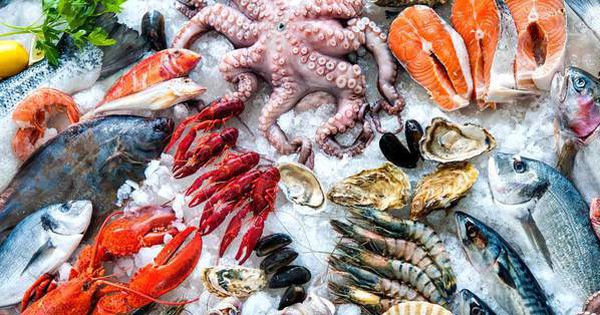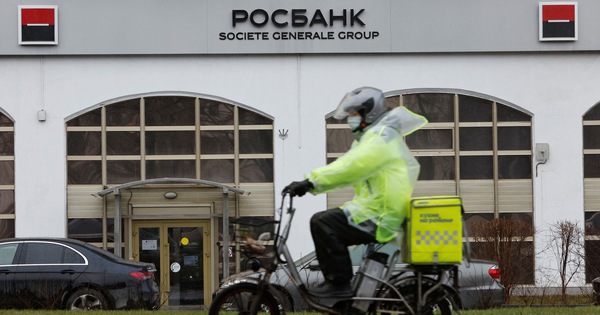There are already 30 countries restricting food exports, protectionism is on the rise

A fruit stall at a market in London, England, on May 12 – Photo: AFP
Countries are restricting food exports in response to high prices exacerbated by the Ukraine conflict.
On May 23, Malaysia issued a ban on chicken exports, in the context of this Southeast Asian country facing a shortage of domestic supply and escalating prices.
Malaysia’s chicken export volume is 3.6 million tons/month.
The move has raised concerns in Singapore because it relies heavily on Malaysia for food supplies. According to official figures, about 33% of Singapore’s chicken imports in 2021 will come from Malaysia.
Earlier, India issued a ban on wheat exports and prepared to restrict sugar exports as well. Indonesia also limits the sale of palm oil, and several other countries issue grain quotas.
The poorest countries will be hit the hardest by soaring food prices and food shortages, but richer economies will also be hit hard, Bloomberg news agency warned.
For example, nearly 10 million Britons cut food in April amid the cost of living crisis. American restaurants are reducing portion sizes, while France has pledged to issue food stamps to some households.
“Lower-income households in the UK and US are struggling to feed themselves,” said Sonia Akter, an associate professor of agriculture at the Lee Kuan Yew School of Public Policy at the National University of Singapore. know.
“High prices will disproportionately affect the poor, who spend most of their income on food,” Ms Akter said.
The United Nations measuring instrument noted that world food prices have increased by more than 70% since mid-2020 and are close to reaching record levels after Russia launched a “special military operation” in Ukraine, blocking exports. import many essential goods and disrupt the supply chain.

India has restricted wheat exports and is preparing to ban sugar exports – Photo: BLOOMBERG
Protectionism Rising food prices during this period could push costs further up, hurt consumer purchasing power, and put central banks in a difficult position when it comes to controlling inflation while maintaining growth. .
Mrs. Sabrin Chowdhury from Ccredit rating company Fitch Solutions warned that agricultural protectionism was at its highest level since the food price crisis of 2007 and 2008.
“Protectionism is certain to continue in 2022 and intensify in the coming months, further increasing food security risks to the world’s most vulnerable regions,” Ms Chowdhury said.
Observers fear the current situation will set the stage for some of the most important staples to become more expensive.
According to Bloomberg, the price of wheat futures has increased by 56% this year, palm oil is up 38%, while the United Nations instrument has recorded a 14% increase in dairy prices.
Export restrictions aren’t just bad news for importing countries. Dr David Adamson, senior lecturer at the Center for Global Food and Resources at the University of Adelaide, said it also punishes farmers in producing countries by preventing them from taking advantage of high international prices.
“Protectionism is the worst thing for food security because it prevents markets from working to deal with it,” he said.
at Blogtuan.info – Source: tuoitre.vn – Read the original article here




